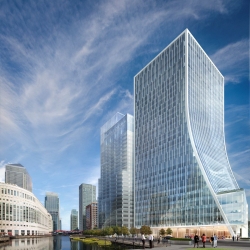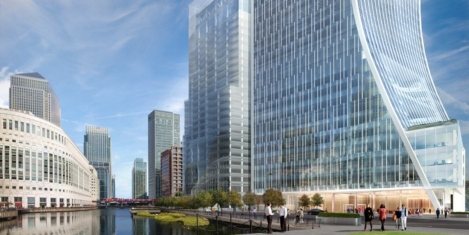To provide the best experiences, we use technologies like cookies to store and/or access device information. Consenting to these technologies will allow us to process data such as browsing behaviour or unique IDs on this site. Not consenting or withdrawing consent, may adversely affect certain features and functions.
The technical storage or access is strictly necessary for the legitimate purpose of enabling the use of a specific service explicitly requested by the subscriber or user, or for the sole purpose of carrying out the transmission of a communication over an electronic communications network.
The technical storage or access is necessary for the legitimate purpose of storing preferences that are not requested by the subscriber or user.
The technical storage or access that is used exclusively for statistical purposes.
The technical storage or access that is used exclusively for anonymous statistical purposes. Without a subpoena, voluntary compliance on the part of your Internet Service Provider, or additional records from a third party, information stored or retrieved for this purpose alone cannot usually be used to identify you.
The technical storage or access is required to create user profiles to send advertising, or to track the user on a website or across several websites for similar marketing purposes.
 Following sustained levels of leasing activity throughout the year, JLL has calculated that over 10.7m sq ft of office space in central London has been transacted so far in 2019 and with over 3m sq ft currently under offer, has suggested that take-up is on track to total 11.6 m sq ft at year-end – which is ahead of the 11.5m sq ft of space that was leased in 2018. Both the City and West End commercial property markets are expected to see take-up levels broadly echo last year’s totals. (more…)
Following sustained levels of leasing activity throughout the year, JLL has calculated that over 10.7m sq ft of office space in central London has been transacted so far in 2019 and with over 3m sq ft currently under offer, has suggested that take-up is on track to total 11.6 m sq ft at year-end – which is ahead of the 11.5m sq ft of space that was leased in 2018. Both the City and West End commercial property markets are expected to see take-up levels broadly echo last year’s totals. (more…)







 Younger decision makers are increasingly relying on technology such as emails, video conferencing and WhatsApp in negotiations with suppliers, rather than speaking to them face-to-face, new research from
Younger decision makers are increasingly relying on technology such as emails, video conferencing and WhatsApp in negotiations with suppliers, rather than speaking to them face-to-face, new research from 


























January 21, 2020
The vaguery of workplace serendipity
by Neil Usher • Comment, Facilities management, Technology, Workplace design